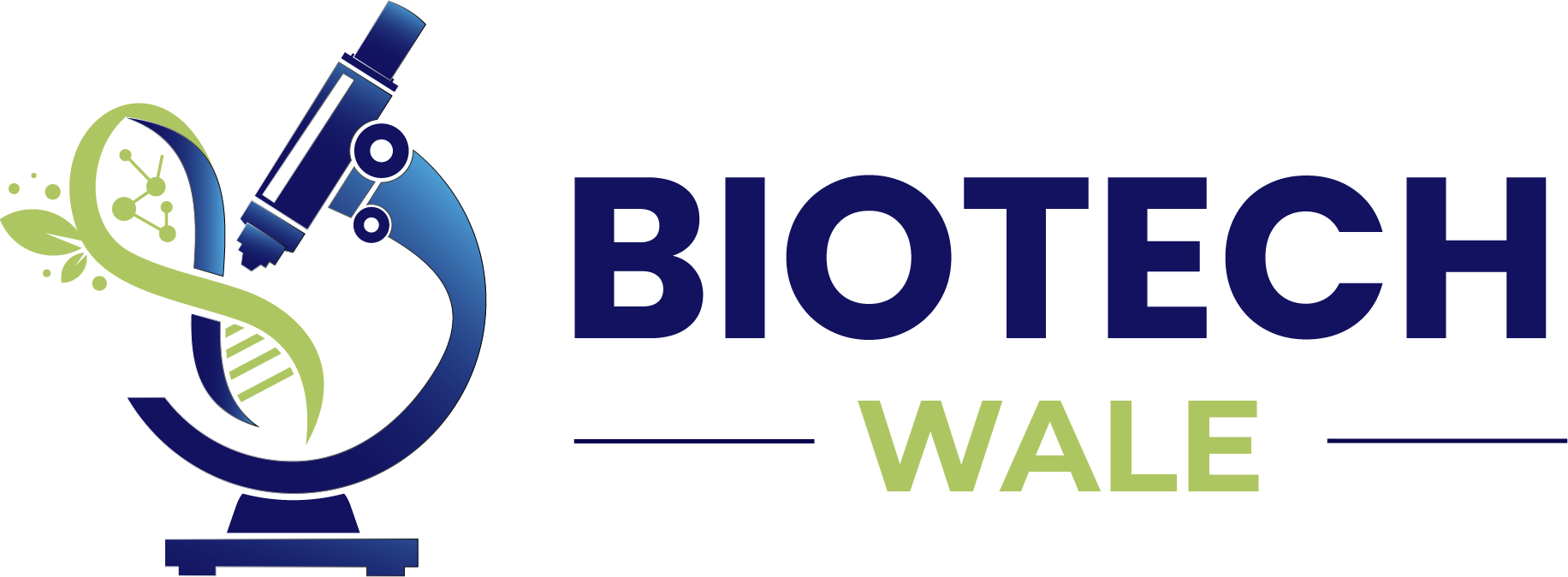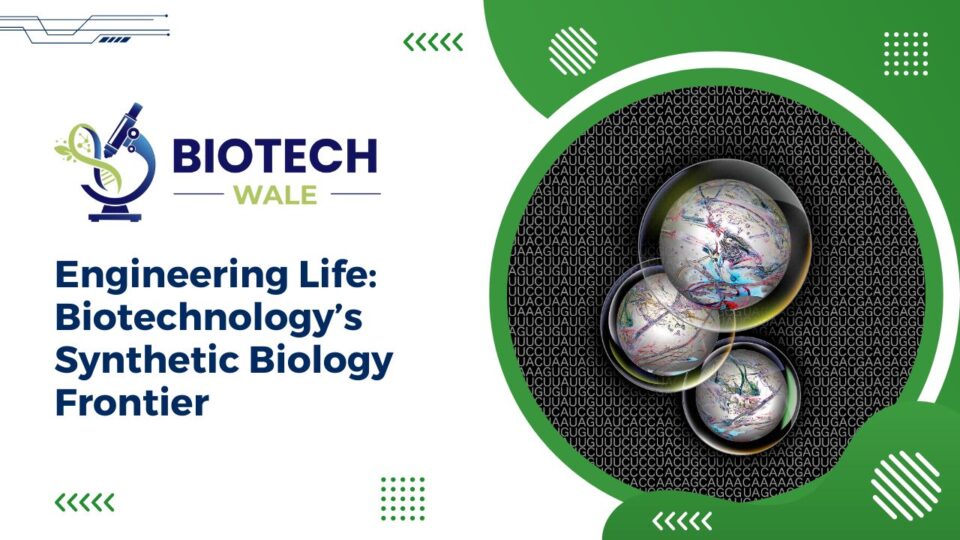Introduction to Biotechnology and Synthetic Biology
Welcome to the exciting world of biotechnology, where science meets innovation to push boundaries and redefine what’s possible. In this blog post, we delve into the captivating realm of synthetic biology – a cutting-edge field that merges engineering principles with biological systems to create novel solutions for diverse challenges. Join us as we explore the history, advancements, applications, ethical considerations, and future possibilities of synthetic biology. Get ready to embark on a journey filled with groundbreaking discoveries and endless possibilities!
The History of Synthetic Biology
The history of synthetic biology traces back to the early 20th century when scientists began exploring the concept of designing and constructing biological systems. The term “synthetic biology” was coined in the early 2000s, marking a new era in genetic engineering.
One significant milestone was the creation of the first synthetic gene by Dr. Har Gobind Khorana in 1972, paving the way for manipulating DNA sequences. This breakthrough laid the foundation for further advancements in genetic manipulation and bioengineering.
In recent years, technological developments have accelerated progress in synthetic biology, enabling scientists to create novel organisms with specific traits through genetic modification. These innovations have revolutionized various industries, from healthcare to agriculture.
As we delve deeper into understanding and manipulating living systems at a molecular level, the possibilities for synthetic biology are endless. Exciting times lie ahead as researchers continue to push boundaries and unlock new potentials within this field.
Advancements in Biotechnology and Synthetic Biology
Advancements in biotechnology and synthetic biology have revolutionized the way we approach scientific innovation. Researchers are continually pushing boundaries to create new solutions for complex challenges. With the development of cutting-edge tools like CRISPR-Cas9, scientists can now edit genetic material with unprecedented precision.
The field of synthetic biology has seen remarkable progress in designing biological systems from scratch. This interdisciplinary approach combines engineering principles with biological components to engineer organisms that can produce valuable compounds or perform specific functions. From biofuels to pharmaceuticals, the applications of synthetic biology are vast and promising.
In recent years, breakthroughs in gene editing technologies have opened up new possibilities for treating genetic disorders and advancing personalized medicine. By manipulating DNA sequences, scientists can potentially eradicate hereditary diseases and tailor treatments to individual patients’ needs.
As technology continues to evolve at a rapid pace, the future of biotechnology and synthetic biology holds immense potential for shaping our world in ways we never thought possible.
Applications of Synthetic Biology
In the realm of synthetic biology, the applications are as diverse as they are groundbreaking. One exciting area is the production of biofuels using engineered microorganisms to convert renewable resources into sustainable energy sources. These advancements have the potential to revolutionize our approach to fuel production and reduce our dependence on fossil fuels.
Another fascinating application is in medicine, where synthetic biology techniques are being used to develop new therapies and treatments for various diseases. From cancer treatment using targeted gene therapies to creating custom-designed bacteria for drug delivery, the possibilities are endless.
Synthetic biology also plays a crucial role in agriculture by genetically engineering crops with enhanced traits such as drought resistance, pest resistance, and increased nutritional value. This has the potential to address food security issues and create more sustainable farming practices.
The applications of synthetic biology extend beyond these examples, touching almost every aspect of our lives from environmental conservation to biomanufacturing. The field continues to push boundaries and redefine what is possible through innovative scientific research and technological advancements.
Ethical Concerns and Future Implications
As we delve deeper into the realm of synthetic biology, ethical concerns and future implications loom large on the horizon. The ability to manipulate genetic material raises questions about playing “creator” with life itself.
One major ethical concern revolves around the potential for misuse or unintended consequences. How do we ensure that this powerful technology is used responsibly and for the greater good?
Furthermore, there are fears of creating new organisms that could have unforeseen impacts on ecosystems if released into the wild. Should we proceed cautiously or embrace bold experimentation?
The future implications of synthetic biology are vast and uncertain. From personalized medicine to sustainable agriculture, the possibilities are endless but come with a responsibility to carefully consider their long-term effects on society and our planet.
As we navigate this uncharted territory, it’s crucial to engage in thoughtful dialogue and establish robust regulatory frameworks to guide us towards a future where science serves humanity ethically and responsibly.
Future Possibilities and Challenges for Synthetic Biology
The future of synthetic biology holds endless possibilities waiting to be unlocked. With rapid advancements in technology and research, scientists are exploring new ways to engineer biological systems for various applications. From creating sustainable biofuels to developing personalized medicine, the potential impact is immense.
However, along with these exciting opportunities come challenges that need careful consideration. The complexity of biological systems poses hurdles in understanding and manipulating them effectively. Ethical concerns surrounding genetic engineering and gene editing also raise important questions about how far we should push the boundaries of science.
As we venture into this uncharted territory, collaboration among scientists, policymakers, and society as a whole will be crucial in navigating the ethical dilemmas and ensuring responsible innovation. Embracing diversity of thought and promoting transparency will be key in shaping a future where synthetic biology can thrive while addressing societal needs and values.
Impact of Synthetic Biology on Society
The impact of synthetic biology on society is profound and far-reaching. From revolutionizing healthcare to addressing environmental challenges, this cutting-edge field has the potential to transform our world in unprecedented ways.
One significant aspect of synthetic biology’s impact on society is the development of new medical treatments and therapies. By engineering biological systems, scientists can create more effective drugs, personalized medicine, and even artificial organs.
Furthermore, synthetic biology plays a crucial role in sustainability efforts by producing biofuels, biodegradable plastics, and environmentally-friendly materials. This has the potential to reduce our reliance on fossil fuels and mitigate climate change.
However, with these advancements come ethical considerations regarding genetic manipulation, intellectual property rights, and unintended consequences. It’s essential for researchers, policymakers, and the public to navigate these complex issues responsibly as we continue to harness the power of synthetic biology for societal benefit.
Conclusion
Synthetic biology has undoubtedly revolutionized the field of biotechnology, paving the way for groundbreaking discoveries and innovations. From engineering microorganisms to produce biofuels to creating new medical treatments, the possibilities seem endless.
As we look towards the future of synthetic biology, it is essential to consider both its potential benefits and ethical implications. The ability to design biological systems with precision opens up a world of opportunities but also raises questions about safety, regulation, and societal impact.
Despite the challenges ahead, one thing remains clear – synthetic biology will continue to shape our world in ways we cannot yet imagine. With collaboration between scientists, policymakers, and society as a whole, we can harness this technology for the betterment of humanity.
The journey into the frontier of synthetic biology promises excitement, innovation, and transformative change. Let’s embrace this wave of progress together as we navigate through uncharted territories towards a brighter future.





Average Rating